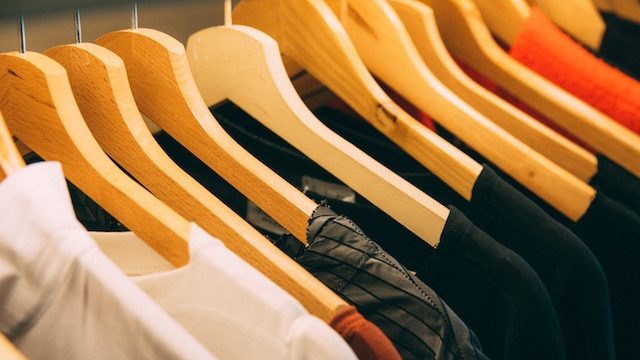The 20 biggest fashion retailers in Brazil scored abysmally in a new supply chain slavery index compiled by Fashion Revolution.
The textile industry survey — the first of its kind to focus on Latin America — assessed company social and environmental practices, with almost half of those in Brazil failing to disclose any information.
In fact, the average score for Brazilian firms was only 17%. German clothing retailer C&A took the top place with 53%.
Eight out of the 20 Brazilian brands scored zero because their websites and reports did not reveal any information. On top of this, they did not respond to a questionnaire assessing supply chain traceability, governance, and policies.
Thomson Reuters Foundation reports:
Brazil has the world’s fourth largest garment production industry, with 1.5 million direct employees, mostly women, Fashion Revolution said.
The textile industry is fragmented and informal, with thousands of immigrant subcontractors from Bolivia and Paraguay sewing clothes in sweatshops for well-known national retailers.
Sweatshops in Brazil producing clothes for the Spanish store Zara – which came third in the index – were raided in 2011 after a supplier was accused of slave labour.
“We are in favor of global transparency, not only in the textile industry but in all sectors,” said Fernando Pimentel, head of the Brazilian Textile and Apparel Industry Association.
“Transparency is crucial … to avoid informal business prevailing over formal business.”
Fashion Revolution Brazil’s Eloisa Artuso added that transparency was essential so that consumers could make informed purchases.
“How can we make better decisions about what we buy, when information is either totally absent or presenting in such varied and long winded ways?” she asked.
A spokeswoman for the Ministry of Labor declined to comment on the report as she had not yet seen it, but noted that the ministry has rescued more than 1,200 workers from slave-like conditions this year.





Freedom United is interested in hearing from our community and welcomes relevant, informed comments, advice, and insights that advance the conversation around our campaigns and advocacy. We value inclusivity and respect within our community. To be approved, your comments should be civil.